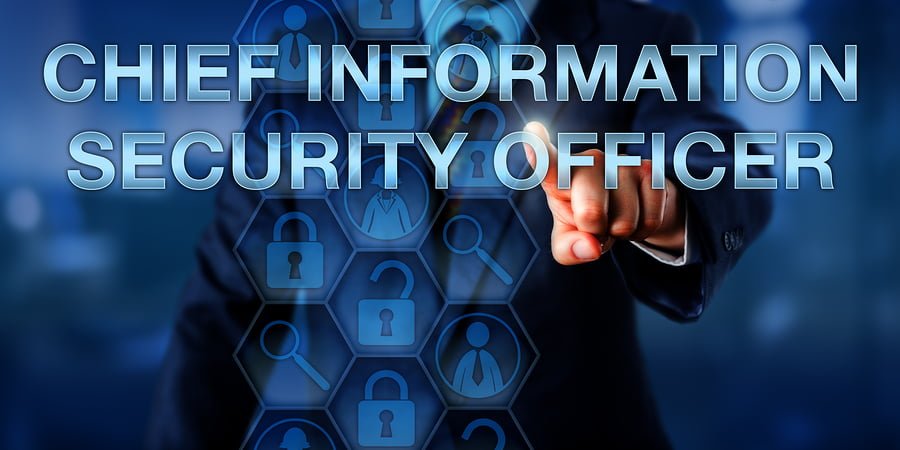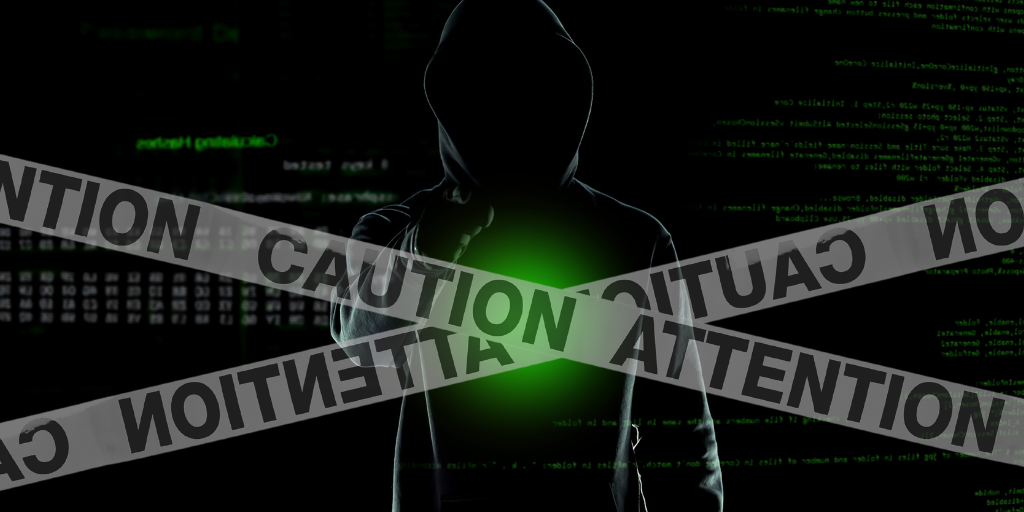Top Cyberattack Prevention Strategies for CISOs in 2025
In the relentless battle against cyber threats, CISOs must adopt dynamic and proactive strategies to safeguard their organizations in 2025.
2 min read
.jpeg) Michael Markulec
:
Nov 3, 2023 11:52:48 AM
Michael Markulec
:
Nov 3, 2023 11:52:48 AM

The Chief Information Security Officer (CISO) is paramount in today's looming digital threats. As cyber incidents grow in sophistication, safeguarding information becomes a top priority for businesses, regardless of size. The CISO is instrumental in spearheading an organization's information security program, a multifaceted task requiring a unique skill set.
The primary duty of a CISO is to shield an organization's assets, systems, applications, and technology while fostering business progress. This is achieved by devising and implementing secure procedures and systems to forestall, identify, alleviate, and recover from cyberattacks.
Furthermore, CISOs collaborate with business leaders to adeptly manage technology risks. Their responsibilities include constructing and propelling a cybersecurity strategy and framework, persistently assessing and handling the organization's cyber and technology risk posture, and implementing cyber governance, risk, and compliance (GRC) processes.
Notably, CISOs report to the highest echelons of an organization, including the CEO and the board of directors. Their responsibilities encompass justifying and evaluating cybersecurity investments, administering security awareness training for users, and leading cybersecurity operations while ensuring that disaster recovery and business continuity plans prioritize business resilience.
A common query pertains to the distinction between the CISO and the Chief Information Officer (CIO). The CIO is the highest-ranking IT executive, focusing on shaping the vision for IT security strategy and overseeing significant IT initiatives. In contrast, the CISO ensures the compliance and security of the CIO's technological implementations. Although some organizations have the CISO reporting to the CIO, it is increasingly common for CISOs to hold equal positions with other C-level executives, such as the CTO, CSO, CRO, COO, or CEO. Collaborative communication between the CIO and CISO enhances the organization's security posture.
The role of the CISO is evolving rapidly, rendering them more influential than ever. CISOs regularly interact with other C-suite executives and the board of directors, providing insights into trends and risks that impact the organization. They offer guidance on technology risk management, securing remote workforces, leading cybersecurity GRC, and managing security operations while reporting on security and compliance measures to stakeholders and regulators.
Do all businesses require a CISO? To some extent, yes. Smaller organizations may not designate a CISO with that specific title but still need someone responsible for overseeing technology, information, and data security. Many midsize and larger enterprises have CISOs in their C-suite, while smaller businesses may appoint a director of cybersecurity to manage these responsibilities. Sometimes, outsourcing the CISO role is a practical option for small or startup organizations.
The value that a CISO brings to an organization is substantial. Their comprehensive understanding of security enables them to identify risks and propose strategies for their management. CISOs excel in translating intricate security issues into layperson's terms, facilitating the sense of potential impacts by leadership and stakeholders. Their expertise empowers organizations to confidently navigate the complexities of digital transformation, cloud adoption, supply chain security, and remote or hybrid work environments.
A typical workday for a CISO needs a fixed structure, as priorities can swiftly change. Their days are filled with interactions with subordinates, peers, and superiors, offering mentorship, aligning projects with cybersecurity goals, collaborating with peers to ensure policies align with business missions, and working with leaders to integrate cybersecurity into business processes.
To excel as a CISO, individuals must possess a diverse skill set. A fervor for information technology and continual learning is imperative, alongside solid leadership, communication, negotiation, and management skills. Familiarity with security standards and certifications and an understanding of technology trends such as cloud and application security, automation, and machine learning are all vital for success in this demanding and dynamic role.
In conclusion, the Chief Information Security Officer is an indispensable member of an organization's leadership team. Their role has evolved to encompass a wide range of responsibilities, and their expertise in information security is vital to safeguarding an organization's assets and maintaining its reputation in an ever-changing cybersecurity landscape. Whether they hold the title of CISO or serve in a similar capacity, these security leaders play a crucial role in protecting businesses from cyber threats and ensuring their continued success in the digital era.

In the relentless battle against cyber threats, CISOs must adopt dynamic and proactive strategies to safeguard their organizations in 2025.

Devices connected to the Internet of Things (IoT) are generally simple appliances that carry out particular activities. As a result, their importance...

In recent years, the healthcare industry has increasingly become a target for cyberattacks, and a recent incident involving a California-based health...